This topic could be a book but one that I think will do as my true debut post on this publication.
The first gift of humanity is the name you receive from your parents. The name we are given can be such a beautiful and intentional choice, one that we get to honor every day. Unless you change it of course, or no longer identify with it due to your gender expression or identity. But I am not talking about Westernizing it. With that type of love, intent, and meaning, it is really a basic human kindness to learn someone's name and say it right. And whether you have a common name with a unique spelling, or a name you never find at a gift shop key chain (I felt constantly left out as a kid on field trips), don't we all get annoyed when someone can't address you correctly in an email when you JUST signed off with your name? It's right. there. Unless you're this person:

My parents' names have brought them trouble in the United States. Both, in their own ways, have erased their names. My mom has legally rearranged her name several times simply because it was too hard for Americans to pronounce. But my middle name came from what her name was when she immigrated here. That's part of why I use my middle initial professionally. It's technically my Korean name and I don't want to erase the story of that name's origin or meaning.
0:00-2:10 mostly, continue for more on his immigrant experience
should link you but start at 15:22
In these clips with Hasan, it is evident how immigrant children can really struggle to acculturate and assimilate. Terms and topics to dive into another time. (side note: any video links on my website can be found on a "Resources" playlist on my YouTube channel). Immigrant experiences are so incredibly nuanced and difficult to navigate because it depends on the kids you go to school with, how your parents discuss these topics, how you process bullying, how well you speak English, and the list could go on forever. There are so many factors that can influence an immigrant kid's ability to adapt to dominant culture. This is why in child life services and really any work with children, it is critical to consider the child holistically and within their context.

For more video resources like those clips above
Growing up, my first name was phonetically very easy to pronounce and less likely to need correction. But my last name got a lot of versions. It's "Reh-zuh" by the way. In high school, I had a teacher in the middle of the year suddenly decide to change the way he had perfectly pronounced it every other time. I remember all my classmates turning to look at me when he clearly messed it up, but I couldn't bear to correct him after 6 months. And he incorrectly pronounced it ever since. 😫 But I wonder for the first time, why didn't someone else correct him for me? As an adult, I feel immediately safer if someone ensures they are pronouncing my name correctly before proceeding with the conversation. So imagine how a child may feel.
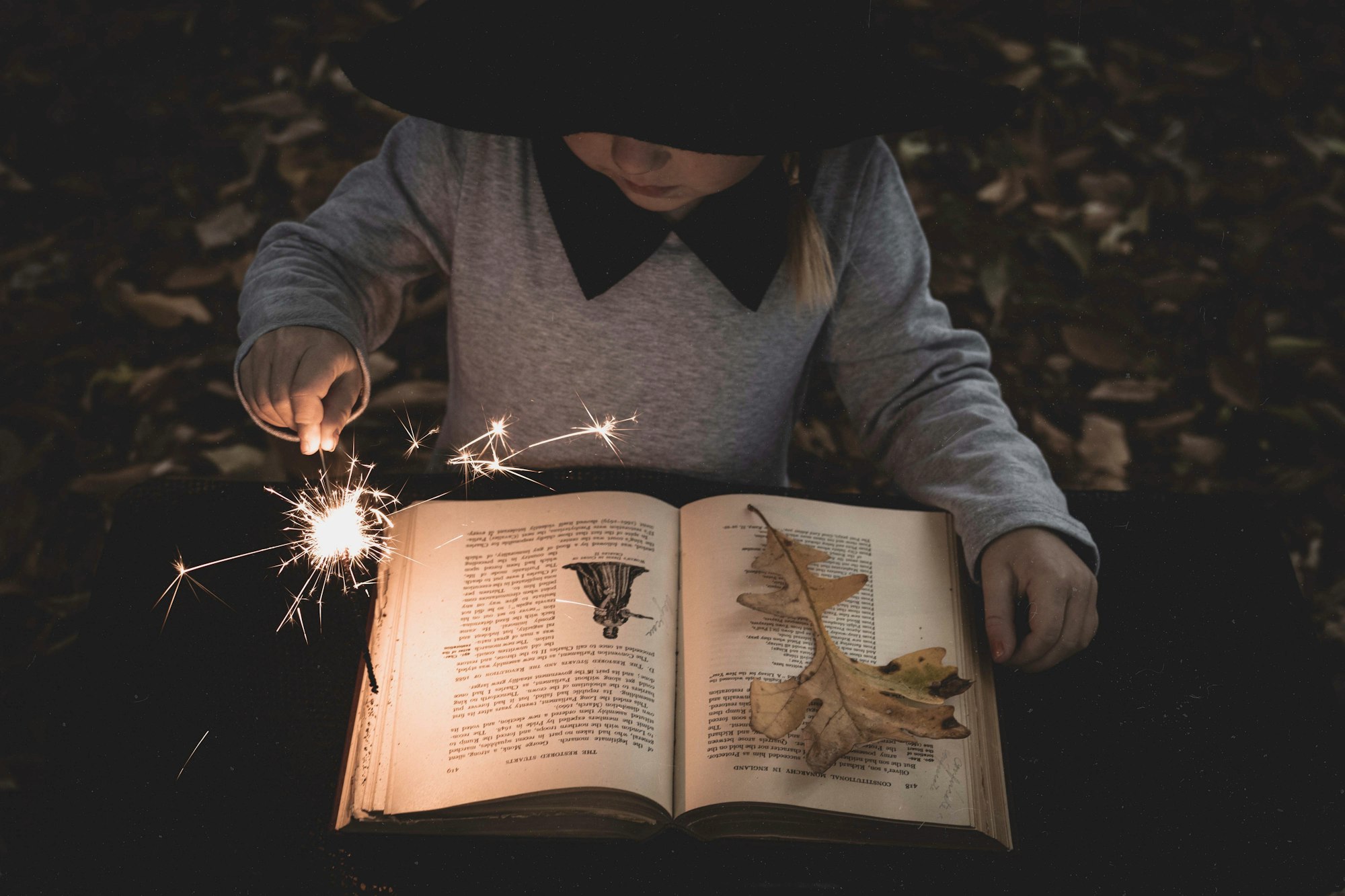
For children's books that I recommend and have reviewed (including a few by Joanna Ho), check them out in this post that will be regularly updated
If I could put all of this sentiment into a children's book, I discovered it has already been done. It's called Say My Name by Joanna Ho, illustrated by Khoa Le. In an interview, she talks about her background as an educator and how teachers not attempting to learn a child's name or giving them a nickname feeds into erasure. It might seem small to ask how to say someone's name. However, I cannot emphasize enough how critical it is for adults to make the effort to properly learn how to pronounce how a child wishes to be called. If not, children will grow up (for me, more from my immigrant mindset than issues with pronunciation) to not occupy space correcting someone or using their voice. It feeds into shame and guilt for not honoring your culture when you do permit a nickname. Or Westernize it. But what if you're trying to fit in and avoid bullying by being more satiable for dominant culture? Or what if your parents help you choose a Western name??? It can feed into tendencies that are so hard to unlearn. Imagine if we instill into our children that their name is not too hard.
A name carries so much intentional meaning and culture. It is basic human decency that when you first meet someone new, you exchange names. Children need to know from adult modeling that their name is worth learning. But hey, if you really are having a hard time pronouncing it? Practice it, write it phonetically, ask a colleague for help. "Wrap your tongue around its sounds and memorize its shapes" as Ho says in Say My Name. I also have a hard time with names because I am human too! Don't be ashamed to ask to hear it again until you get it right and be open to correction too! As Uzo's mother said, "If they can learn to say Tchaikovsky, and Michelangelo, and Dostoevsky, they can learn to say Uzoamaka." What an unforgettable quote and super relatable experience for many kids in Western societies.
Everyone's story is different but equally important. Yes, I identify as an immigrant child. I strongly identify with the emotional and mental health struggles of immigrant children. If you do too or want to learn about what that could look like, check out browngirltherapy on Instagram (side note: check out who I am following on my profile for resources I recommend). However, there is no way that I can speak to the experiences of ALL immigrant children. Just as any other marginalized group cannot be possibly painted homogeneously. But that's how stereotypes emerge. While I can say that stereotypes can have a sliver of truth in them... it becomes dangerous very quickly when stereotypes feed into misinformation, discrimination, and harm.
This is why this website is multifaceted because there are so many lens to consider diversity, equity, inclusion, and accessibility (DEIA) work from. I feel a responsibility as a Person of Color to help educate other professionals from my experiences on how vital DEIA lens is on working with children. As a kid who experienced racial traumas and grew into an adult unpacking them, I feel a responsibility to help make other kids' experiences less painful by providing resources to their important adults. As an immigrant kid who had a really tough time navigating every part of her education, from elementary to graduate school, I care deeply about making it easier for other students who may feel like it's too hard. If any of this interests you, hope you explore what's already available on the website and consider signing up for a free newsletter subscription!
Shedding Light on Child Life is an independent publication launched in November 2024 by Anisha S. Reza, MS, CCLS. All posts and resources are curated from this author's professional opinion and expertise. Any questions, comments, or requests can be directed via email to childlifewithanisha@gmail.com.

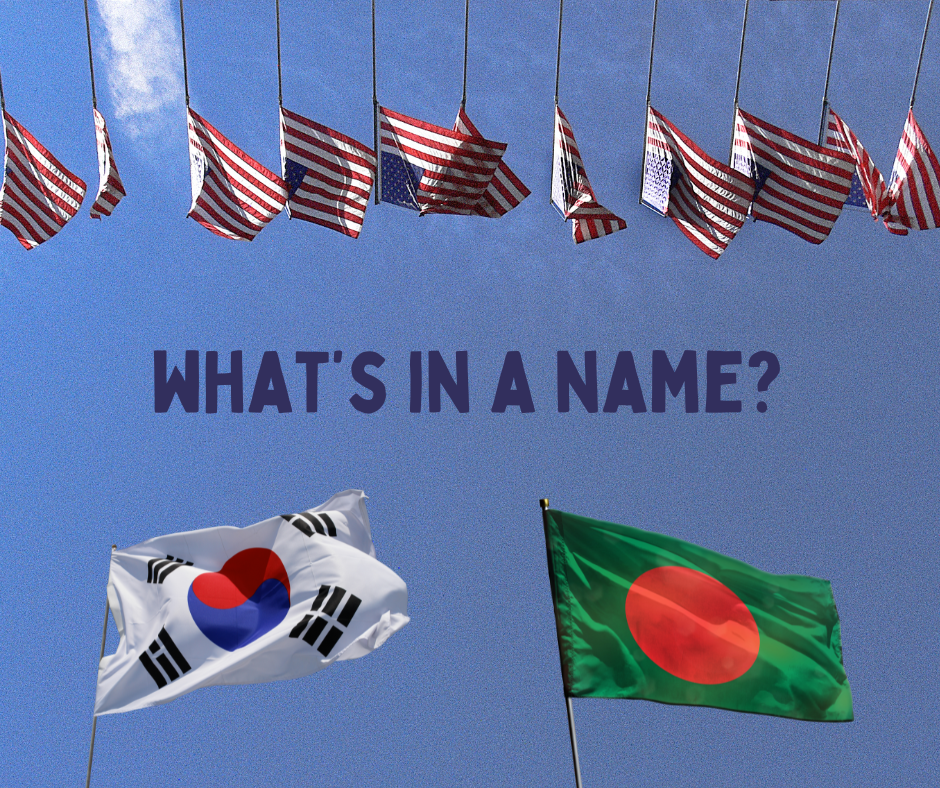
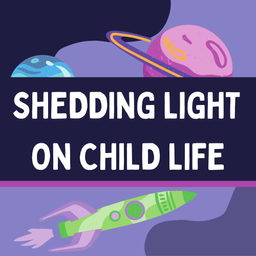
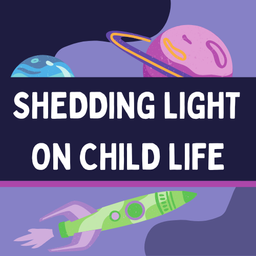
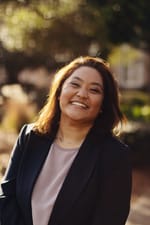
Member discussion: